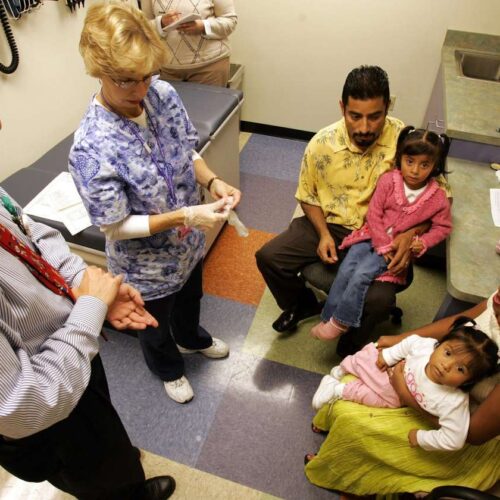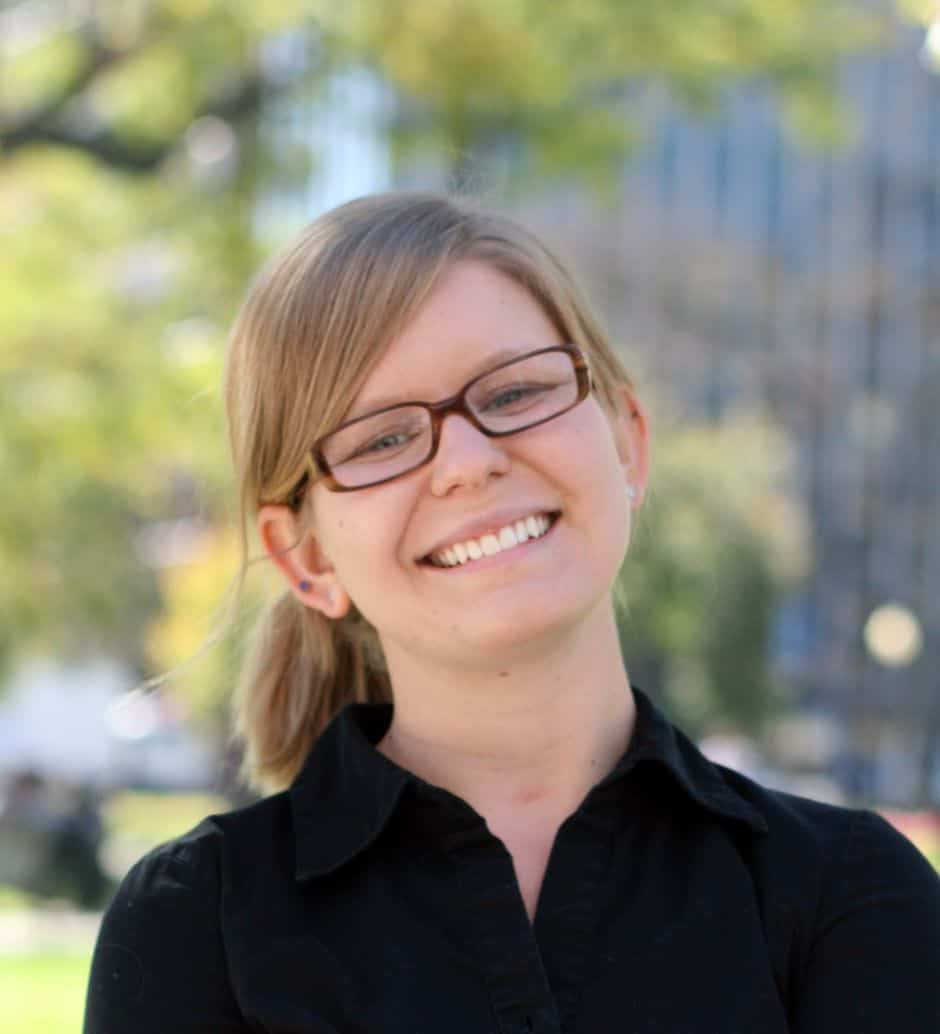Introduction
In the middle of a hot summer day, Roxanne Mimms, 24, walks toward the DC General Shelter, just two miles from the White House. She is seven months pregnant, and dependent on Medicaid to provide prenatal care for her daughter.
“It’s a little girl named Miranda,” she said, rubbing her stomach.
Mimms depends on Medicaid to cover the cost of her doctor’s appointments. The program, co-funded by the state and federal governments, provides low-income people with health care coverage. However, with the looming possibility of a government default, Mimms, along with 58.7 million other people across the United States, could potentially be cut off from Medicaid scheduled payments starting in August. .
“The immediate concern for everybody is whether they’re going to get their checks on Aug. 3,” the day after the default deadline, said Maria Freese, director of government relations and policy at the National Committee to Preserve Social Security and Medicare.
The debate over whether or not to increase the debt limit has reached fever pitch as the Tuesday deadline looms. President Obama has consistently advocated a plan that would combine spending cuts with tax increases, while House Speaker John Boehner and House Republicans have remained steadfast in their refusal to raise the debt ceiling without deep cuts in spending, and no tax hikes.
What will happen if the government defaults? Decisions will have to be made about which government obligations will be honored, and which will not.
The Social Security Administration’s various programs provide trillions of dollars in benefits to millions of people. Each month, 52.5 million people receive $55.9 billion in Social Security benefits, and 8 million people receive Supplemental Security Income benefits worth $4.3 billion. Another 58.7 million people receive $296.6 billion in Medicaid benefits, and 46.5 million receive $502.3 billion in Medicare.
The elderly, disabled and low-income people who participate in these programs may face loss or delays of their checks if the government cannot pay its obligations. For these people, failure to receive them could have serious consequences.
Aside from raising the debt ceiling, members of Congress have proposed solutions to the government’s overall debt and deficits problem, some of which include cuts in funding for Social Security programs that could shrink the amount of money paid to recipients. Robert Greenstein, president of the Center on Budget and Policy Priorities, said in a statement that one of Boehner’s early plans “would require draconian policy changes.”
Sabrina Edgington, program and policy specialist at the National Health Care for the Homeless Council, called Social Security the largest anti-poverty program, and said she believes it is not only essential for those living in poverty, but that it is also the most efficient way to deliver services to them. And SSI and Medicaid checks, she said, help prevent homelessness because they provide much-needed funds for living expenses and medical care. For some low income individuals and families, these programs are their only source of income and a key to their survival.
Janelle Marshall, 45, is a mother of two little girls under the age of three. As she stood outside the shelter in the heat, line), she said she relies on Medicaid and Temporary Assistance for Needy Families (TANF) checks to take care of her daughters. Marshall, who isn’t currently working, regularly brings her daughters to DC General Shelter to receive lunch and sit in the air conditioning.
Marshall said she did not know that if the government defaults, it could possibly mean the loss of her checks and subsequently her only income.
“If those checks don’t come there won’t be any Pampers, no Pull-Ups, no bus fare and no rent,” Marshall said.
When asked if she had a back up plan if the government defaulted, she quietly shook her head no.
Six of seven families interviewed for the story were not aware their assistance might not come if the government defaults. One woman knew her Medicaid might be at risk, but did know not her TANF checks may be as well.
Mimms and Marshall are not alone in their reliance on Social Security. More than 35,000 families with children under the age of 18 in the Washington, D.C. metropolitan area live below the federal poverty line of $21,756 for a family of four. These families are more likely to fall back on government programs for help. According to a 2009 report from The Urban Institute, impoverished families are more likely to have a family member who is ill or ailing. Nearly 21 percent of families whose income is less than 150 percent of the federal poverty level—approximately $32,400—have at least one member who is in fair or poor health.
In 2005, 42.8 percent of low-income adults were uninsured and 13 percent relied on government-funded health care. With safety net programs targeted for cuts, that number could increase, leaving families with limited options for care.
“If we were to cut back on Medicaid and those really effective programs, you’re going to see people who once had some stability in their lives becoming more unstable,” Edgington said.
Richard Deufeldt, 43, tested positive for HIV 23 years ago. He was a school bus driver for the Montgomery County public school system but was deemed too weak to work in 2000. Since he stopped working, he has relied on Social Security and disability checks to pay for medicines that slow the spread of the virus. He also uses them for doctor’s visits and food.
“When you take checks away from people like me, it can be fatal,” he said.
Deufeldt has been on the Section 8 housing waiting list for four years and tries to live with family members. Deufeldt has also relied on Damien Ministries food pantry for 15 years to receive free meals when money is low.
Larnell Carr, manager of the food pantry for 16 years, has watched the transition of the shelter from hospice to food pantry as a result of the medical advances that prolong the lives of his clients. Although life-saving medicines could likely be made available to the most needy patients in the event of a default, other basic needs paid for by Social Security, such as money for transportation, might be more difficult for patients to obtain.
“I guess they will just sit at home and die,” Carr said.
–University of Maryland student Erin Durkin also contributed to this report.
Read more in Accountability
Accountability
Poor schools didn’t have enough time to plan spending of $3 billion stimulus windfall
Most used extra School Improvement Grant money to replace principal, lengthen school day


Join the conversation
Show Comments